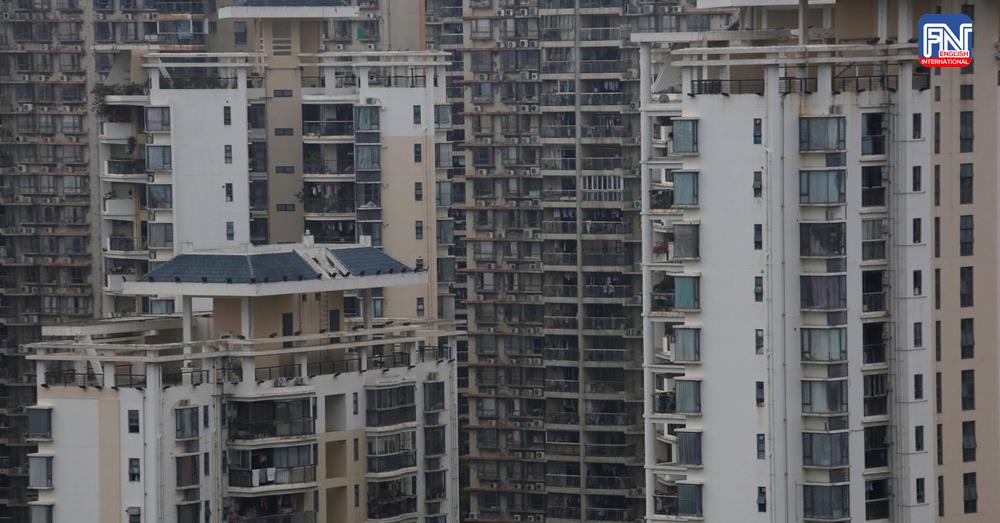BEIJING, May 15 (Reuters) - China is considering a plan for local governments nationwide to buy millions of unsold homes, Bloomberg News said on Wednesday, after a meeting of leaders of the ruling Communist Party called for efforts to clear mounting housing inventory.
The State Council is gathering feedback on the preliminary plan from various provinces and government bodies, the report added, citing people familiar with the matter.
China's blue-chip CSI 300 index (.CSI000952), opens new tab rose 2% and the yuan firmed following the report.
The property sector has been in a deep slump for years hit by a debt crisis among developers. Since 2022, waves of policy measures have failed to turn around the sector that represents around a fifth of China's economy and remains a major drag on consumer spending and confidence.
The Politburo of the Communist Party held a meeting on April 30, saying it would improve policies to clear mounting housing inventories.
Dozens of cities have offered subsidies to encourage residents to replace their old apartments with new ones, in order to sell their growing stock of new apartments and provide crucial cash-flow to ailing developers.
Local state-owned enterprises would be asked to help purchase unsold homes from distressed developers at steep discounts using loans provided by state banks, according to the report, adding that many of these homes would then be converted into affordable housing.
Officials in China are debating the plan's details and feasibility, and it could take months for it to be finalised, if the country's leaders decide to go ahead, the report said.
China's housing ministry did not respond to Reuters request for comment.
One of the biggest drags on property demand is that cash-strapped private developers halted building a large number of new homes that were pre-sold that cannot be delivered on time. The buyers of these homes, meanwhile, are continuing to pay off their mortgages.
Estimates vary widely, but analysts agree there are tens of millions of uncompleted apartments across China after a building boom turned to bust.
"It's been our view that Beijing will eventually have to address concerns about homes being delivered," said economists from Nomura in a research note.
"Beijing should reach into its own pockets, even with printed money from the People's Bank of China, to support the completion of new homes that were pre-sold by developers."
